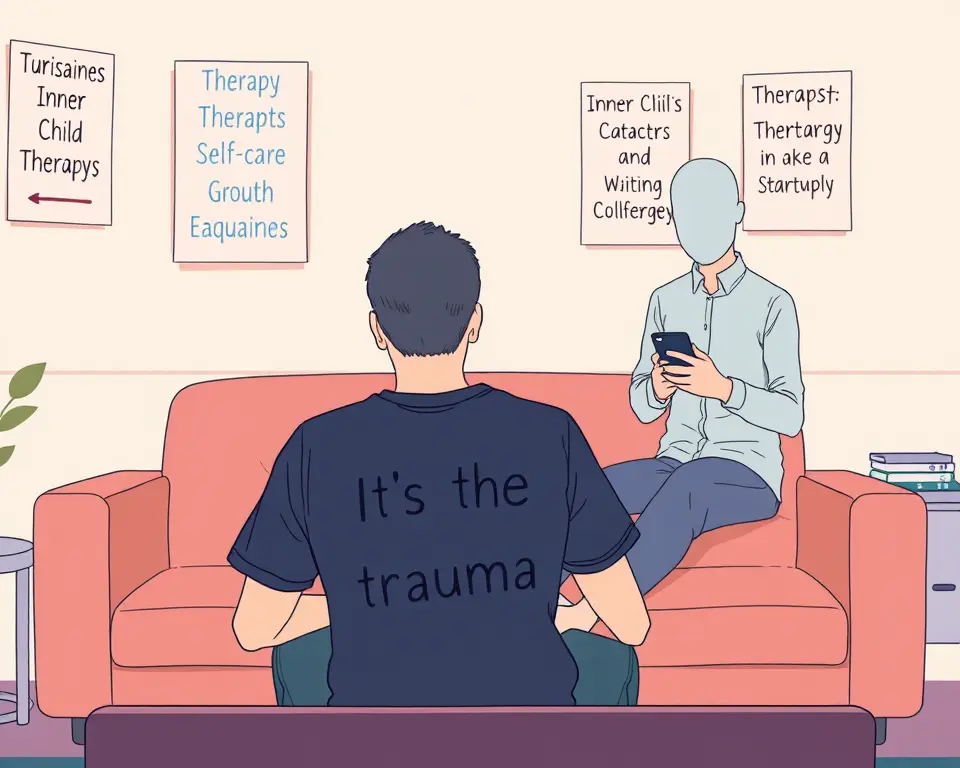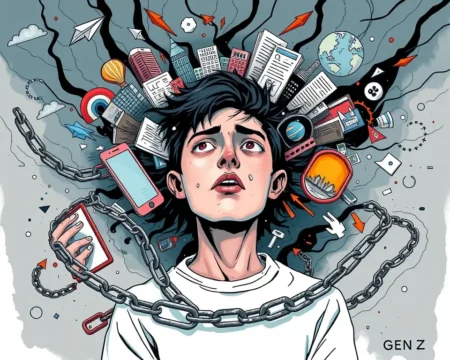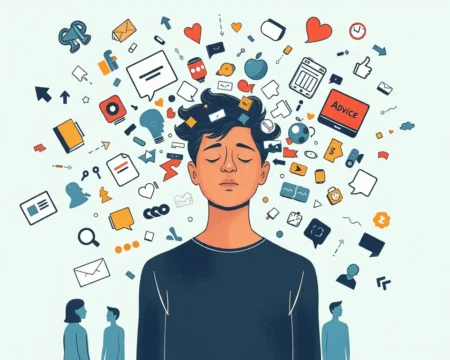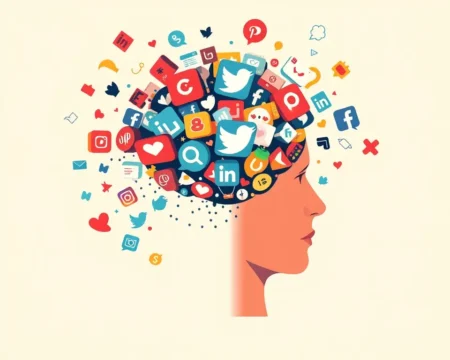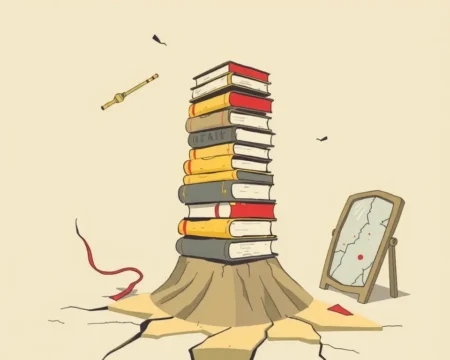The rise of mental health awareness has led to an explosion of therapy-related content online, from relatable memes to trending buzzwords. While this increased visibility can be beneficial, it also raises concerns about oversimplification, misuse, and potential harm. Are therapy memes and buzzwords helping or hindering our understanding of mental health?
The Appeal of Therapy Memes
Therapy memes have become a popular way to discuss mental health online. Their appeal lies in their ability to:
- Simplify complex emotions: Memes distill difficult experiences into short, witty, and visually engaging content that is easy to share and discuss.
- Reduce stigma: By making mental health struggles more common and relatable, memes can help reduce stigma and encourage open conversations.
- Build community: Comment sections under therapy memes often become spaces for people to share their feelings and support each other.
- Offer humor as a coping mechanism: Laughing at one’s struggles can provide catharsis and help people process emotions.
- Bridge communication gaps: Memes can provide a valuable cultural reference, fostering understanding and communication between therapists and clients.
Psychotherapist Josh Gorelick notes that therapy memes can be a great example of a client not taking the work seriously or deflecting rather than facing hard feelings or topics being discussed.
The Risks of Oversimplification
Despite their potential benefits, therapy memes also carry risks, primarily due to the oversimplification of complex mental health issues. This can lead to:
- Trivialization: Reducing nuanced mental health disorders to short, humorous content can trivialize the severity of these conditions.
- Misinformation: Inaccurate or misleading memes can spread incorrect information about mental health, leading to misunderstandings and self-diagnosis.
- Discouraging professional help: Some memes portray therapy as useless or make light of seeking help, potentially discouraging those who need it from seeking proper support.
- Encouraging avoidance: Excessive reliance on memes may prevent people from confronting deeper issues and seeking professional help.
- Reinforced stigma: Misusing therapy terms can reinforce mental health stigmas by labeling people inaccurately.
- Diluted meaning: Casual overuse makes it harder for people to recognize and understand the severity of mental health issues.
The Problem with Therapy Buzzwords
“Therapy speak,” the use of psychological phrases and mental health language in everyday life, has also become increasingly common. While this can be a sign of increased mental health awareness, it also presents potential problems:
- Misuse and Misunderstanding: People often use clinical words and phrases incorrectly, leading to a breakdown in communication and potential harm.
- Inaccurate Self-Diagnosis: Individuals may inaccurately diagnose themselves or others based on a limited understanding of psychological terms seen on social media.
- Minimizing Serious Conditions: The struggles of people with debilitating psychiatric conditions could be minimized by the casual use of psychological concepts.
- Damaged Relationships: Incorrect use of therapy terms can come across as manipulative or create distance between people in conversation.
- Controlling Behavior: Terms like “boundaries” can be misused to justify shutting people out, avoiding difficult conversations, or attempting to control another person’s behavior.
- Jargon Obscuring Meaning: Buzzwords and jargon that you don’t understand can make it difficult to benefit from therapy sessions because you might not understand the full context of what your therapist is saying.
Psychologist Natacha Duke notes that if someone asks you if they can share something difficult, they’re practicing a healthy way of venting. It’s unfair to right away call it “trauma dumping” if the person is trying to be mindful about it.
Common Misused Therapy Buzzwords
- Gaslighting: Often used to describe any disagreement or difference in perception, while gaslighting is a prolonged manipulation tactic aimed at making someone doubt their reality.
- Narcissism: Used broadly to describe rude behavior, while Narcissistic Personality Disorder is a pervasive pattern of behavior.
- Toxic: The go-to term for any behavior an individual dislikes, while in therapy, it describes behavior patterns that cause emotional damage to another person.
- Triggered: Often misapplied to situations that cause discomfort rather than true psychological harm related to substance abuse or PTSD flashbacks.
- Boundaries: This term is sometimes misused to justify shutting people out, avoiding difficult conversations or attempting to control another person’s behavior.
Striking a Balance: Responsible Engagement with Mental Health Content
It’s crucial to approach therapy memes and buzzwords with a critical eye. Here are some ways to engage responsibly with mental health content:
- Seek professional help when needed: Memes and online content should not replace therapy or professional advice.
- Verify information: Look for definitions and explanations from credible sources, such as the American Psychological Association (APA).
- Avoid self-diagnosis: Refrain from diagnosing yourself or others based on information found online.
- Use empathy and caution: Approach mental health discussions with understanding and avoid minimizing or trivializing others’ experiences.
- Be mindful of language: Use clinical terms carefully and avoid using them in casual conversations where they may be misused or misunderstood.
- Focus on feelings: When in doubt, skip the therapy speak altogether and use simple language focused on how you feel.
- Recognize complexity: Understand that mental health disorders are nuanced, and memes or buzzwords cannot fully capture their complexity.
- Promote accurate representations: Share and support content that accurately portrays mental health experiences and encourages seeking help.
By using these strategies, individuals can harness the positive aspects of online mental health discussions while minimizing the potential harm caused by oversimplification and misuse of terminology.




